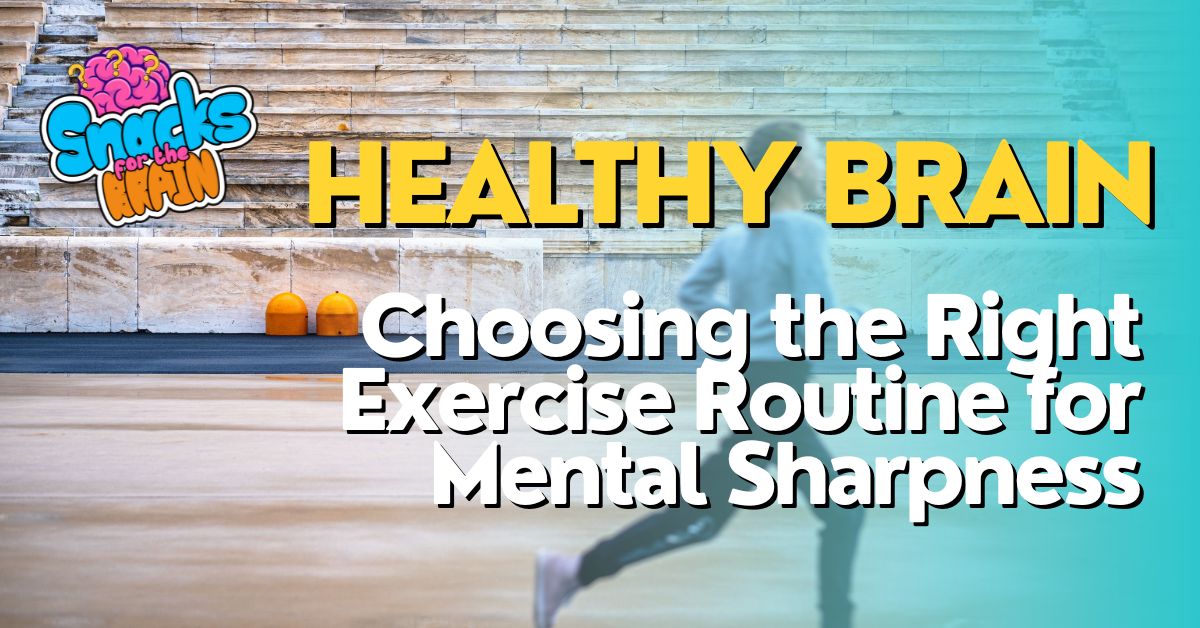Sleep plays a crucial role in emotional regulation. When we are well-rested, our brains are better equipped to handle and process emotions. During sleep, the brain processes and consolidates memories and emotions, helping us to regulate our emotional responses. Without enough sleep, our emotional regulation can be compromised, leading to increased irritability, mood swings, and difficulty managing stress. Additionally, lack of sleep can impair our ability to accurately interpret and respond to social cues, leading to misunderstandings and conflict in our relationships. In essence, sleep is essential for maintaining emotional stability and resilience.
Furthermore, adequate sleep is necessary for the proper functioning of the prefrontal cortex, the part of the brain responsible for decision-making, impulse control, and emotional regulation. When we are sleep-deprived, the prefrontal cortex becomes less active, making it harder for us to regulate our emotions and make rational decisions. This can lead to increased emotional reactivity and impulsivity, making it more challenging to navigate challenging situations and regulate our emotions effectively. In summary, sleep is vital for maintaining emotional balance and resilience, as it allows our brains to process emotions and make sound decisions.
Key Takeaways
- Adequate sleep is crucial for emotional regulation, as it helps in processing and managing emotions effectively.
- Poor sleep can lead to negative impacts on mental well-being, including increased risk of depression and anxiety.
- Quality sleep plays a significant role in building emotional resilience and coping with life’s challenges.
- Managing stress and anxiety can be greatly influenced by getting enough restful sleep.
- Sleep deprivation can impair emotional regulation, leading to mood swings, irritability, and difficulty in managing emotions.
- Tips for improving sleep include maintaining a consistent sleep schedule, creating a relaxing bedtime routine, and seeking professional help if sleep-related emotional challenges persist.
The Link Between Sleep and Mental Well-being
The link between sleep and mental well-being is undeniable. Adequate sleep is essential for maintaining good mental health and overall well-being. When we are well-rested, we are better able to cope with stress, regulate our emotions, and maintain a positive outlook on life. On the other hand, chronic sleep deprivation has been linked to an increased risk of developing mental health issues such as depression and anxiety. This is because sleep plays a crucial role in regulating the production of neurotransmitters such as serotonin and dopamine, which are essential for mood regulation and emotional well-being.
Moreover, lack of sleep can exacerbate existing mental health conditions, making symptoms more severe and harder to manage. For example, individuals with anxiety disorders may experience heightened anxiety and panic attacks when they are sleep-deprived. Similarly, individuals with depression may find it harder to experience joy and motivation when they are not getting enough sleep. In essence, sleep is a fundamental pillar of mental well-being, and prioritizing good sleep hygiene is essential for maintaining good mental health.
How Sleep Impacts Emotional Resilience
Sleep plays a critical role in building emotional resilience. When we are well-rested, we are better able to cope with life’s challenges and bounce back from adversity. Adequate sleep allows our brains to process and integrate difficult emotions and experiences, helping us to develop the resilience needed to navigate life’s ups and downs. On the other hand, chronic sleep deprivation can weaken our emotional resilience, making it harder for us to cope with stress and setbacks.
Furthermore, sleep is essential for replenishing our emotional resources. When we are sleep-deprived, we are more likely to feel emotionally drained and depleted, making it harder to muster the strength needed to face challenges. This can lead to increased feelings of helplessness and hopelessness, further undermining our emotional resilience. In summary, prioritizing good sleep is essential for building emotional resilience and developing the strength needed to navigate life’s inevitable challenges.
The Role of Sleep in Managing Stress and Anxiety
Sleep plays a crucial role in managing stress and anxiety. When we are well-rested, we are better able to cope with stress and anxiety-provoking situations. Adequate sleep helps to regulate the production of stress hormones such as cortisol, preventing them from reaching chronically high levels that can contribute to anxiety and overwhelm. Additionally, good sleep allows our brains to process and integrate stressful experiences, helping us to make sense of them and develop effective coping strategies.
On the other hand, chronic sleep deprivation can exacerbate stress and anxiety. When we are sleep-deprived, our bodies go into a state of hyperarousal, making us more susceptible to stress and anxiety. This can lead to a vicious cycle where increased stress and anxiety further disrupt our sleep, creating a negative feedback loop that undermines our overall well-being. In essence, prioritizing good sleep is essential for managing stress and anxiety effectively.
Sleep Deprivation and its Effects on Emotional Regulation
Sleep deprivation can have profound effects on emotional regulation. When we are sleep-deprived, our ability to regulate emotions is compromised, leading to increased irritability, mood swings, and difficulty managing stress. Additionally, lack of sleep can impair our ability to accurately interpret social cues and regulate our emotional responses in social situations, leading to misunderstandings and conflict in our relationships.
Furthermore, chronic sleep deprivation has been linked to an increased risk of developing mood disorders such as depression and anxiety. This is because inadequate sleep disrupts the production of neurotransmitters that are essential for mood regulation, making us more susceptible to mood disturbances. In summary, sleep deprivation can have far-reaching effects on emotional regulation, making it harder for us to navigate life’s challenges effectively.
Tips for Improving Sleep for Better Emotional Health

Improving sleep hygiene is essential for better emotional health. Some tips for improving sleep include establishing a regular sleep schedule, creating a relaxing bedtime routine, avoiding stimulants such as caffeine and electronic devices before bed, and creating a comfortable sleep environment. Additionally, engaging in regular physical activity can help promote better sleep quality.
Furthermore, practicing relaxation techniques such as deep breathing or meditation can help calm the mind and prepare the body for restful sleep. It’s also important to limit naps during the day and avoid consuming heavy meals close to bedtime. Lastly, seeking professional help if you are struggling with persistent sleep issues is essential for addressing any underlying sleep disorders that may be impacting your emotional health.
Seeking Professional Help for Sleep-related Emotional Challenges
If you are experiencing persistent emotional challenges related to sleep deprivation, it’s important to seek professional help. A healthcare provider can help identify any underlying sleep disorders that may be impacting your emotional health and develop a treatment plan to address them. Additionally, a mental health professional can provide support and guidance for managing the emotional impact of sleep deprivation.
Furthermore, cognitive-behavioral therapy (CBT) has been shown to be effective in treating both sleep disorders and emotional difficulties such as anxiety and depression. CBT can help you develop healthy sleep habits and address any negative thought patterns or behaviors that may be contributing to your emotional challenges. In summary, seeking professional help is essential for addressing any persistent emotional challenges related to sleep deprivation and developing effective strategies for improving your emotional well-being.
If you’re interested in understanding the connection between sleep and cognitive function, you may also want to check out the article on «Why Is It Important to Exercise the Brain» on Intelligence SnHacks. This insightful piece delves into various techniques and strategies to improve memory and overall brain health, providing valuable insights into optimizing cognitive performance. You can find the article here.
FAQs
What is the role of sleep in emotional regulation?
Sleep plays a crucial role in emotional regulation by helping to regulate and process emotions. During sleep, the brain processes and consolidates emotional experiences, which can help individuals regulate their emotions more effectively when they are awake.
How does sleep affect mental well-being?
Quality sleep is essential for mental well-being as it allows the brain to rest and recharge. Lack of sleep can lead to increased stress, anxiety, and irritability, and can also contribute to the development of mental health disorders such as depression and anxiety.
What are the consequences of sleep deprivation on emotional regulation and mental well-being?
Sleep deprivation can impair emotional regulation, leading to increased emotional reactivity and difficulty in managing stress. It can also contribute to the development or exacerbation of mental health issues such as depression and anxiety.
How much sleep is recommended for emotional regulation and mental well-being?
The recommended amount of sleep for adults is 7-9 hours per night. However, individual needs may vary, and some people may require more or less sleep to effectively regulate their emotions and maintain good mental well-being.
What are some strategies for improving sleep for better emotional regulation and mental well-being?
Some strategies for improving sleep include maintaining a consistent sleep schedule, creating a relaxing bedtime routine, avoiding stimulants such as caffeine and electronic devices before bed, and creating a comfortable sleep environment. Seeking professional help if experiencing persistent sleep issues is also recommended.






